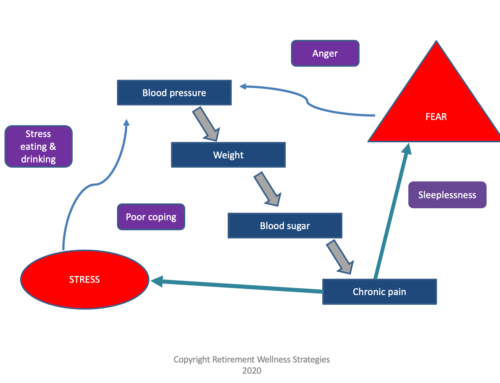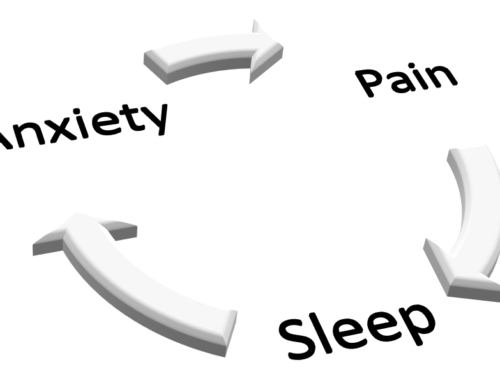Watch any sports on television and you will see commercials for testosterone replacement therapies. (They might not say that but rather indicate they are supplements for men.)
Once we are beyond our 20’s and 30’s, many people long to have that level of health and stamina again.

One way to stay healthy long-term is to exercise. There are many other ways!
Fact: Testosterone levels decline with age very naturally. (In women, hormone levels naturally decline as well, especially around menopause.).
Assumption: If you keep the hormone levels up to what they are at younger ages, you’ll reverse signs of aging. (Examples are hair loss, less muscle mass, decreased sex drive, and more fragile skin.)
Fact: First, there are many things, including some medical conditions that need to be treated that can cause these ‘signs of aging’. Prior to assuming testosterone is the answer, talk with your doctor and medical team to look for those possible causes. (These include high blood pressure, diabetes, heart disease, being overweight, neurological conditions, mental health conditions, emotional trials, and SEVERAL types of medication.)
Assumption: If I can buy it online or via a TV ad it must be safe.
Fact: There is conflicting data about the safety of TRT on your heart. It can raise your hemoglobin and hematocrit (more red blood cells, so blood is ‘thicker’). Long-term
supplement effects aren’t well studied. So, it is not known that it is safe for everyone. And, back to what was stated above, low testosterone might not be the cause of the issues you’re trying to fix.
Assumption: Any decline is worthy of replacement.
Fact: Guidelines, based on available data, recommend replacement only when levels fall below 300 ng/dL. The American College of Physicians says, “Hormone therapy should not be used to treat age-related declines in cognition or vitality.” The American Urological Association guidelines say, “Clinicians should use a total testosterone level below 300 ng/dL as a reasonable cut-off in support of the diagnosis of low testosterone.”
Note: For many years it was assumed that hormone replacement therapy for women was a good, natural, and therapeutic plan. However, large trials in the late 1990’s showed us that this therapy actually increased risk of heart disease, increased risk of dementia, increase risk of breast and endometrial cancers, and other negative effects. Until it was measured, the assumptions led the healthcare, and many women received this therapy. Since around the year 2000, that practice has stopped with rare exceptions.
Fact: We DO NOT have this kind of data for men and TRT. So, we could easily be making the same mistakes again.
Fact: It is ALWAYS best for your doctor, your pharmacist, and your entire healthcare team to know every substance you take. In the case of TRT that remains critically important.
Fact: If you are a candidate for TRT, intramuscular is MUCH less expensive than other forms. You can get that through your doctor. (And, if you use the form that rolls under your arm, make sure you are not a snuggler. If a woman lays in your armpit, absorption of testosterone can be harmful, especially if she is pregnant.)
If you ever want a clinical guide to assure all of your medications and substance choices are safe and best options for you or just want someone to guide you through the healthcare system and decisions, schedule a call: https://calendly.com/retirewellness/20-minute-free-inquiry-call.
Michelle Fritsch, PharmD, BCGP is a board certified clinician specialist in health age 60 and beyond. Learn more at Retirement Wellness Strategies.





